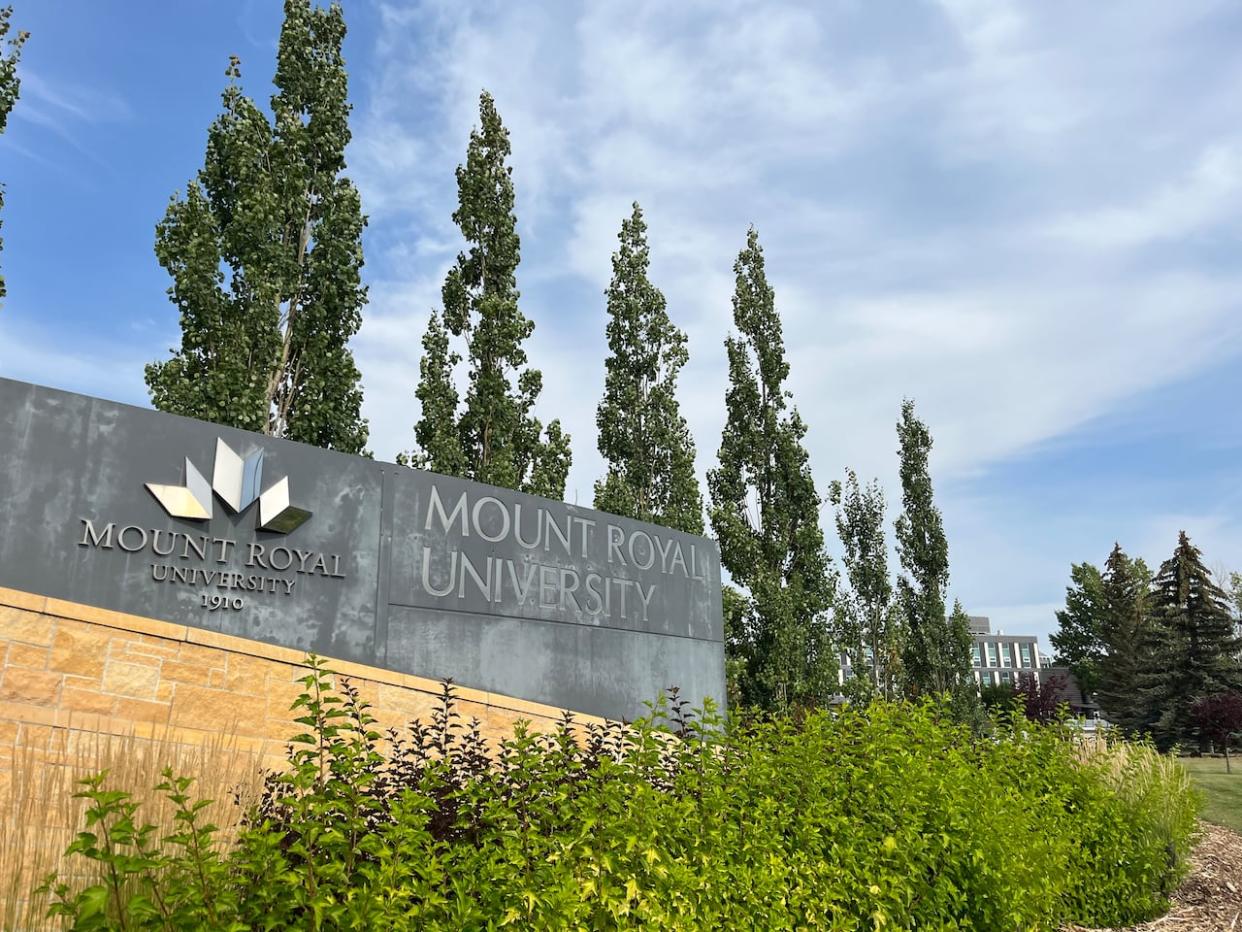International students in Alberta, student unions join calls to permanently lift work cap

While international student Rohan Joshua was completing his post-graduate certification at the University of Calgary, he was working roughly 60 hours a week to keep a roof over his head.
The web analyst and 7-Eleven store associate calls himself "one of the lucky ones." He arrived in Canada for school right after the federal government temporarily lifted the cap on how many hours international students can work.
While it was difficult and he "felt exhausted all the time," Joshua said he wouldn't have been able to pay his bills if the timing didn't work out as it did.

International student Rohan Joshua, from New Delhi, says Ottawa should remove the work cap. (Submitted by Rohan Joshua)
He has just finished his program. But he says he worries for his friends who will soon be permitted to work only 20 hours a week.
"I don't know how they're going to manage because they have rent, groceries and tuition fees to pay off as well. It's going to be impossible," said Joshua.
At the end of April, the federal government is reinstating its cap on working hours for international students. It's been lifted since November 2022, in an effort to address a nationwide labour shortage.
Several students' associations and unions in Alberta are trying to change that. Similar to efforts in other regions, they've come together to call on Ottawa to lift the work cap for international students — for good.
Celia Sutton, chair of the Alberta Students' Executive Council, said this is especially important considering affordability issues gripping much of the country, which is hitting international students particularly hard.
For example, CBC News previously reported that international students made up more than 75 per cent of the University of Calgary's food bank clientele.
"At this point, it's more important than ever to ensure that we give them the best chance of success," said Sutton.
"So allowing more work hours to accommodate individual needs, empower students to effectively manage expenses, alleviate family burdens, acquire pertinent experience in their industry and make meaningful contributions to our communities."

Celia Sutton is the chair of the Alberta Students' Executive Council. She says affordability issues are hitting international students especially hard. (CBC)
Other Alberta students' associations and unions that have signed the call to the federal government include those at Mount Royal University, MacEwan University, Athabasca University, the University of Alberta and the University of Lethbridge.
They say reinstating the cap could cause some international students to lose their full-time jobs, put them in precarious situations and force them to rely even further on campus resources, such as food banks.
According to an emailed statement from the office of Marc Miller, the federal minister of immigration, refugees and citizenship, the cap is being reinstated to protect international students from exploitation and mistreatment in the workforce.
The ministry is examining how it can better select and retain students while ensuring they're well-supported in Canada, said a spokesperson.
"This includes an ongoing commitment to ensure that we are making housing accessible and affordable, as well as working with our partners to ensure we have the right resources and supports available to students so that they can succeed in Canada."
'It impoverishes their education'
Lori Williams, associate professor of policy studies at MRU, said she constantly sees how working too much affects students.
"It impoverishes their education. I've watched this get worse and worse over the years, and I'm very concerned about students trying to manage studies while they're working too many hours simply to make ends meet," said Williams.
Charles St-Arnaud, chief economist at Alberta Central, is on the same page. While he understands that students increasingly need the cash, he also sees where the government is coming from, he said.
"It is kind of becoming a question of, 'Are you here to study or are you here to work and live?' I think that's where the government is drawing the line."
Williams said that instead of increasing the hours students are allowed to work, governments should invest in lower-cost housing as well as post-secondary institutions, so they aren't relying on international students for revenue.
"I think we need to look seriously at the tuition fees that are being charged. If students can't afford to live and pay the tuition, then something has to give."


